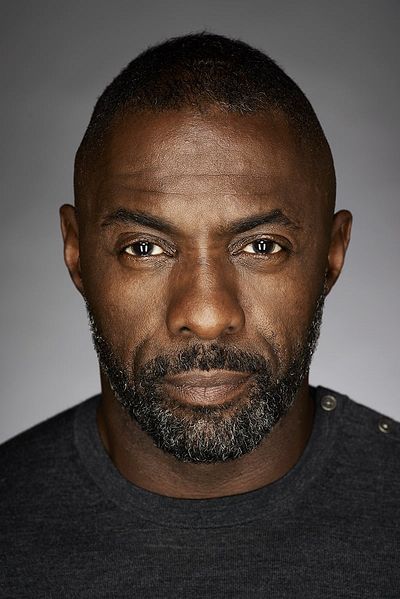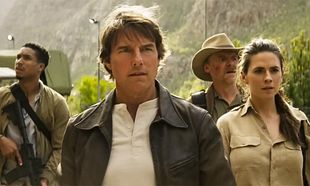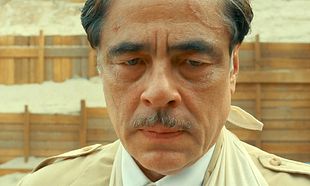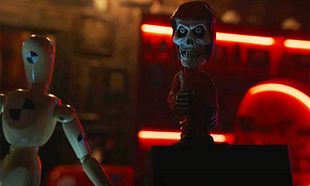With the recent passing of Nelson Mandela, there will be many outlets and opportunities for people to look back upon the hugely impressive life of a truly great man. If you're looking for a basic overview of his achievements and personality, then Long Walk To Freedom will be the movie for you. But if you're looking for any kind of depth or meaning, then you'll need to look elsewhere.
The movie hits the ground running and only picks up speed as it goes, covering everything from his boy-to-man ritual celebration in his tiny village, to becoming the first democratically elected president in all of South Africa. Everything in between is covered in bullet points, like reading a Wikipedia entry in fast forward, but for two and a half hours.
There are some elements of Mandela's life that this movie could have focused on, which would have given us a good insight in the man himself, such as when his initial political group moved turned from non-violent responses to what was brand as acts of terrorism, or his negotiations with the South African government dealing with his release from prison in exchange for calling his people to lay down their weapons. Instead, Long Walk To Freedom tries to cover too much, and by doing so, glosses over so much that we don't really get a feel for what the man was like.
None of this can be laid at Elba's feet, though. He's intimidating on-screen presence could switch from nasty to nice in a heartbeat, with a constantly sharp intelligence at play even behind the melted-candle prosthetics that have been slapped on him to make him look older. Harris is impressive too as the fierce and vital Winnie, and it's impressive that the movie doesn't make saints out of these people, not afraid to approach the murkier aspects of their relationship and personalities.
It's these performances, mixed with some beautifully cinematic imagery, that separates this from a made-for-TV special. It's by no means a bad film, but it's also not the definitive Nelson Mandela biopic you might have been hoping for.


















































































